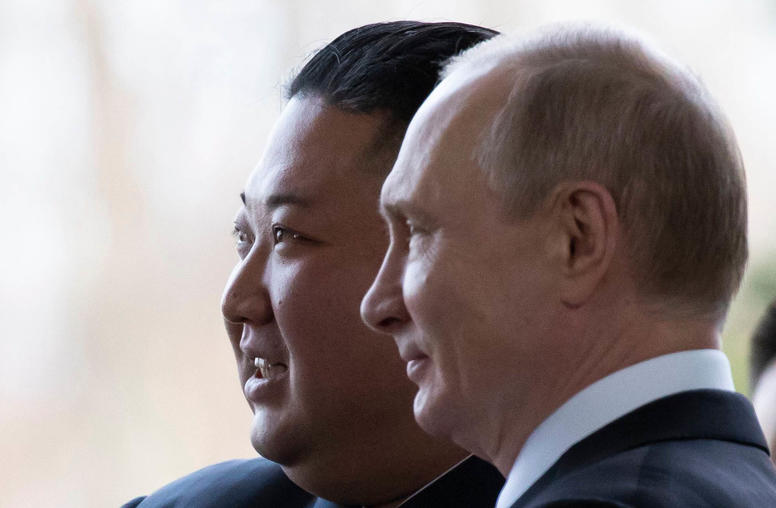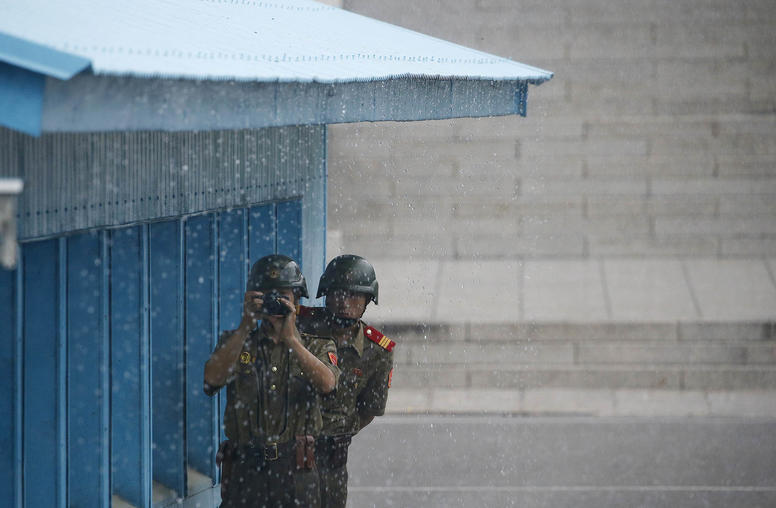The North Korea Sanctions Regime a Year After Singapore
With the prospects of U.S.-North Korea working-level negotiations rekindled after President Trump’s recent surprise meeting with Kim Jong Un at the Korean Demilitarized Zone, sanctions relief remains one of the key sticking points. Pyongyang is demanding relief from economic and financial sanctions in exchange for steps toward denuclearization, raising questions for U.S. policymakers about whether and how to roll back the complex regime of U.S. and multilateral sanctions.
USIP hosted this discussion that examined the scope and purposes of the North Korea sanctions regime, considered the constraints and opportunities for providing partial and complete sanctions relief, and provided a comparative look at other such regimes. Join the conversation with #DPRKsanctions.
Speakers
Stephanie Kleine-Ahlbrandt
Member, U.N. Panel of Experts (Resolution 1874)
Elizabeth Rosenberg
Senior Fellow, Center for a New American Security
Joshua Stanton
Blogger, One Free Korea
Daniel Wertz
Program Manager, National Committee on North Korea
Frank Aum, moderator
Senior Expert, U.S. Institute of Peace



